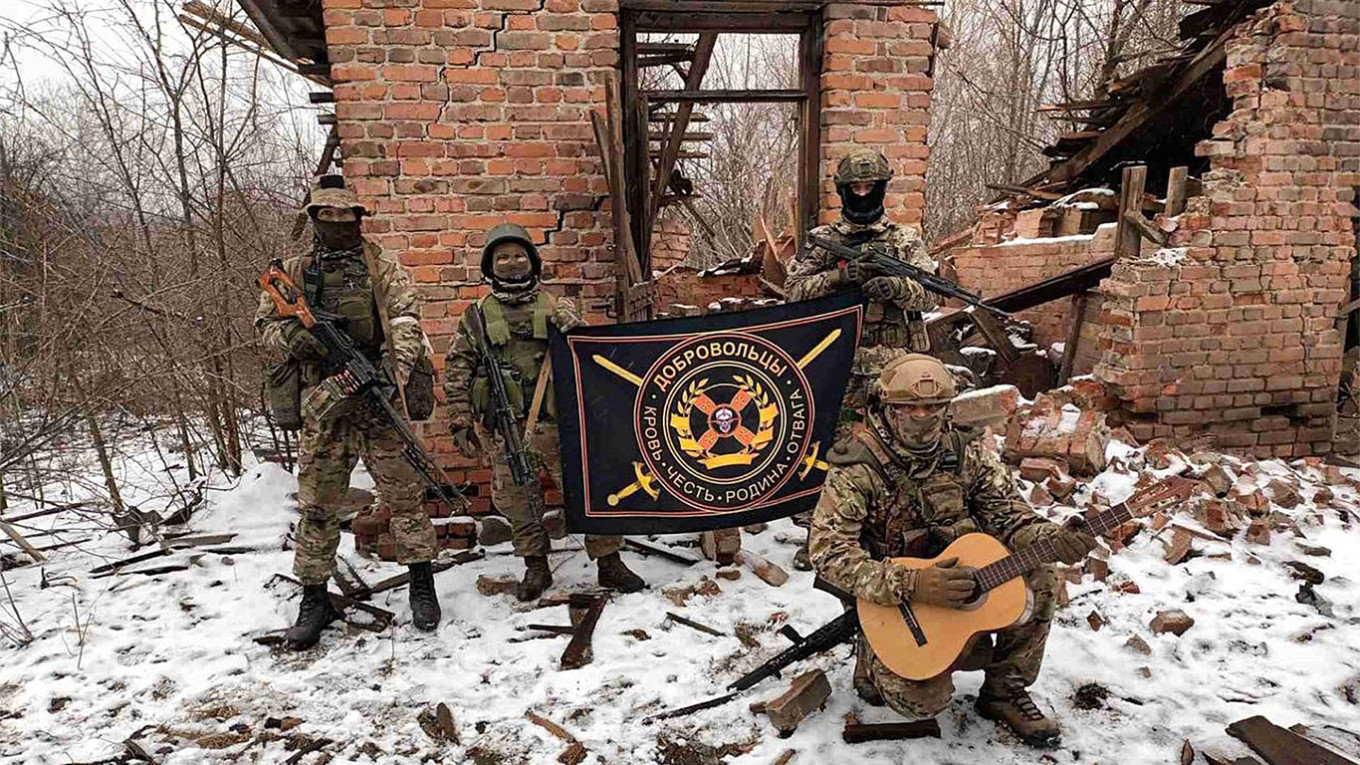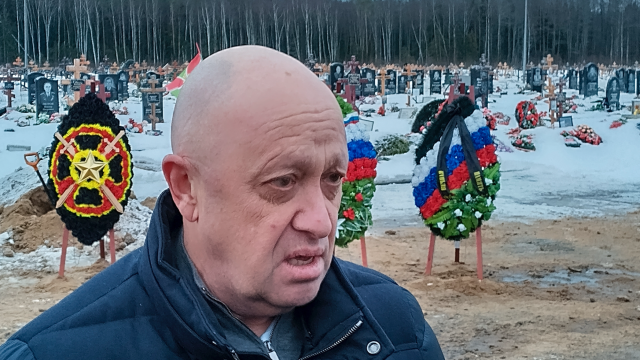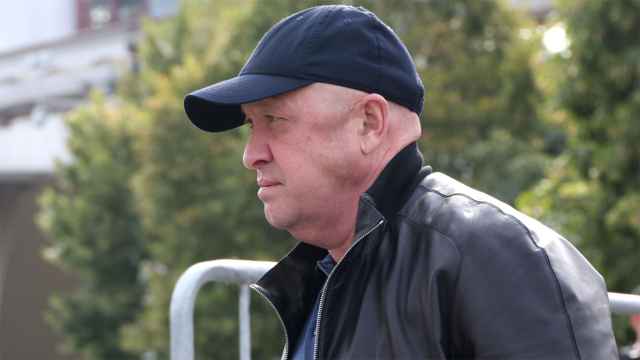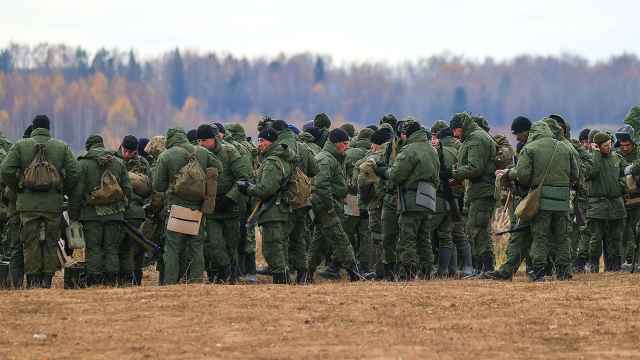“Wagner brings together committed professionals and highly motivated people,” intones a voiceover at the beginning of a film about the mercenary company as slow-motion footage plays of men in camouflage and maneuvering tanks.
"It's where true patriots gather," the voice continues.
The documentary “PMC Wagner: Contract with the Motherland,” which was produced by state-run channel RT, is one of a series of slick videos glorifying the notorious mercenary company that has taken center stage in Russia’s attempts to advance in Ukraine.
In much of this propaganda, Wagner mercenaries — or “musicians” as they have been nicknamed in reference to the 19th-century composer of the same name — are depicted as battle-hardened, principled men risking their lives for a higher cause.
As the once-secretive mercenary company has stepped out from the shadows amid the Ukraine war, so too has its media and PR machine ratcheted up attempts to attract new recruits and help promote the company’s standing within the Russian elite.
Its strategy of blunt, aggressive rhetoric and vicious criticism of its rivals exemplifies what is known as “black PR,” according to experts.
Tens of thousands of mercenaries are believed to be fighting with Wagner in Ukraine.
A “significant portion” of Wagner recruits are likely attracted by the combination of heroism and machismo that the Wagner brand seeks to embody, according to Ilya Bykov, a political science professor and expert in political PR.
It’s aimed at “people who think that life has little value, that death is inevitable and that at least some heroism can be found over there [in Ukraine],” he said.

The company’s leader, Kremlin-linked businessman Yevgeny Prigozhin, has also used his personal media vertical to showcase the mercenaries’ achievements on the battlefield — while boosting his reputation as a military leader and undermining political rivals.
In contrast with Russia's army generals, Prigozhin is often filmed on the battlefield.
In a video released earlier this month, Prigozhin was shown in an airborne fighter jet that he claimed had just bombed Bakhmut, a city in eastern Ukraine where Wagner fighters have been at the vanguard of the Russian military effort.
Despite mercenary companies being outlawed in Russia, Wagner has been openly running a recruiting campaign to prop up Moscow’s war effort since the invasion of Ukraine last year.
This has included the recruitment of tens of thousands of prison inmates, who were promised a pardon in exchange for a six-month contract with Wagner.
On Russian social media network VKontakte, one of several Wagner recruitment pages has over 400,000 subscribers. “Wagner isn’t work, it is a lifestyle,” reads the page description.
It posts practical instructions for those who want to join, as well as videos — like “Contract with the Motherland,” — extolling Wagner’s military feats in Ukraine.
In one promotional video on the page, which has been viewed over 1.2 million times, viewers are urged to leave “boring civilian life,” enlist in Wagner and “f*** up Nazis” in Ukraine.
While thousands of Wagner fighters are believed to have been killed during Russia’s yearlong invasion, recruits do not always regret their membership.
“He keeps telling us that he cannot [help] but go back [to Ukraine],” said a relative of a Russian prisoner who recently signed up for a second tour of duty with Wagner.
“He has gone mad,” the relative, who requested anonymity, told The Moscow Times.
For others, the carefully crafted PR — and mythology — surrounding Prigozhin himself appears to have played a role in persuading them to join up.
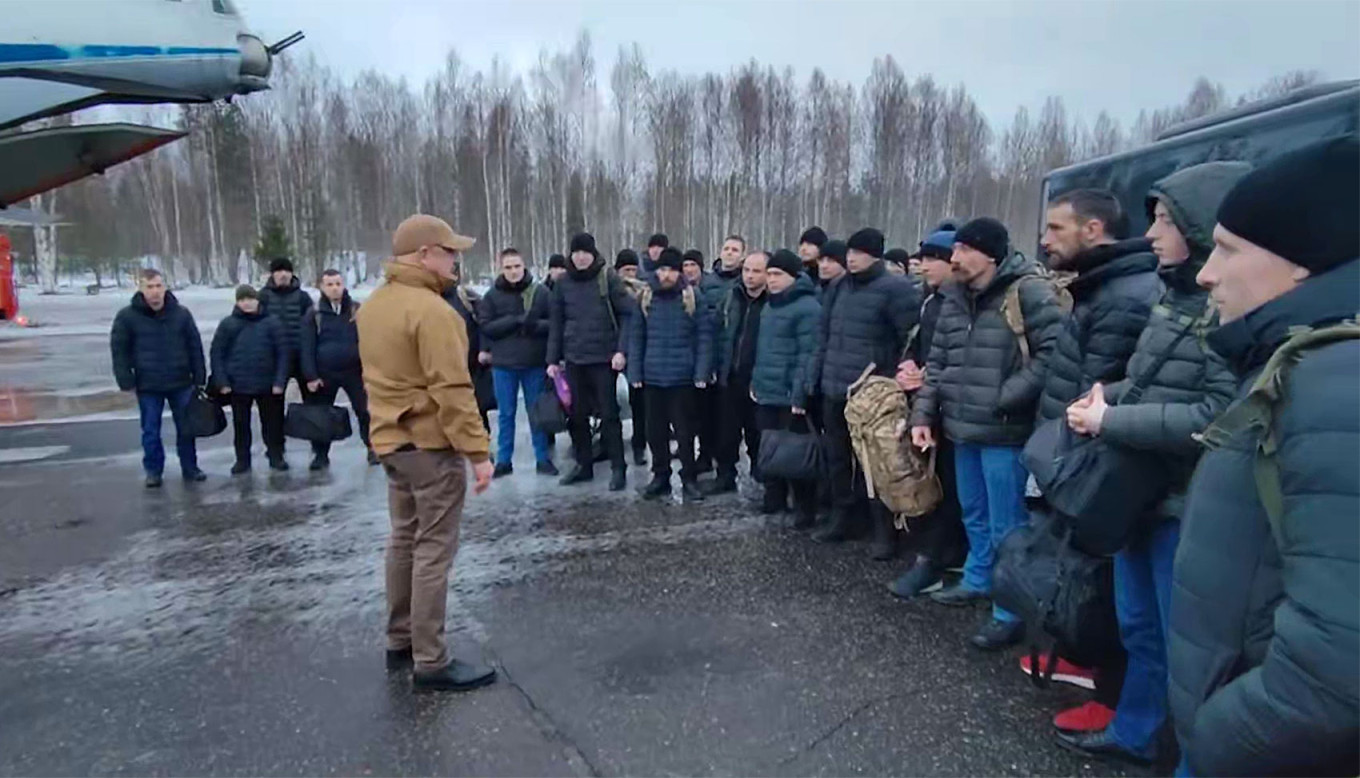
Telegram channels linked to Prigozhin cultivate an image of a tough leader who is not afraid to get his hands dirty while pursuing Russia’s interests.
Prigozhin does not shy away from the less glamorous sides of the war.
In one video from New Year’s Eve, he was shown visiting a morgue in Bakhmut, reviewing dozens of black body bags containing dead Wagner mercenaries. “They died heroically,” Prigozhin said indifferently. “Their contract has finished, they will go home next week.”
Himself a former convict, Prigozhin frequently adopts crude, thuggish rhetoric.
Prigozhin and Wagner’s “images are very similar as they are both related to problems with the law,” said Bykov. “He has cultivated the image of a strong, determined and resourceful man who is ready to do a tough, risky, dangerous job.”
One former Wagner commander, who fled Russia earlier this year and applied for asylum in Norway, described how Prigozhin visited recruits during training.
“He promised us a beautiful life and told us that we were all good fighters,” Andrei Medvedev, 26, told The Moscow Times.
According to experts, strongmen like Prigozhin tend to see a boost in popularity in times of conflict and crisis.
“Russia's criminal aggression against Ukraine has brought killers and bandits like Prigozhin to the top, turning them into heroes and politicians,” said sociologist Igor Eidman.
Before the rise of Wagner, Prigozhin was known for his infamous “troll factory” in St. Petersburg that was accused by Washington of interfering in the 2016 U.S. presidential elections. He is also believed to control a broad network of minor media outlets and social media accounts.
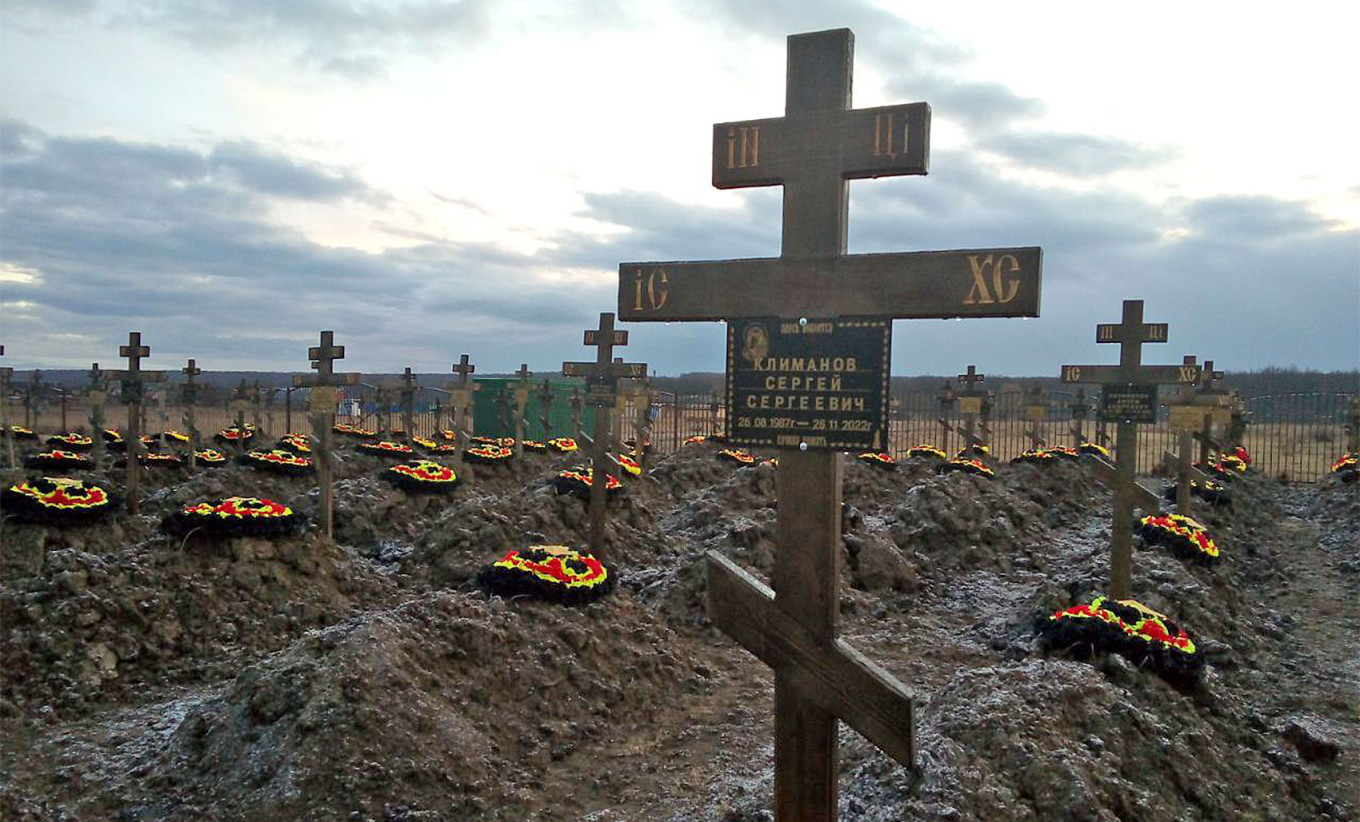
In addition to prompting Wagner’s battlefield achievements, Prigozhin has used this media machine to undermine opponents within Russia’s political establishment.
While Prigozhin claims he has no political ambitions, Sergei Mironov, the leader of the pro-Kremlin “A Just Russia – Patriots for Truth” party, has become a prominent Wagner advocate. And Russian lawmakers recently announced new legislation to punish the “discreditation” of volunteers — including Wagner fighters — aiding the Russian military.
“He [Prigozhin] is visibly transforming into a full-fledged politician with his own views, which are nothing short of revolutionary,” Russian political expert Tatiana Stanovaya wrote in an article about the mercenary leader published this week.
Some of those who have been targeted by Prigozhin in personal attacks include longtime foe and St. Petersburg Governor Alexander Beglov, Defense Minister Sergei Shoigu and top Russian general Valery Gerasimov.
Expert Bykov defined Prigozhin’s communication strategy as one of “black PR,” a technique that involves tarnishing rivals’ images.
This approach can bear some fruit but can also backfire in the long run, said Bykov.
“Black PR often ends up reflecting negatively on all the actors involved.”
And some experts believe Prigozhin’s outspokenness and aggressive media machine has already alienated many in the Russian elite.
“He has gotten into a fight with everyone working [at the Defense Ministry],” Denis Kortokov, a journalist who has investigated Wagner’s activities, told The Moscow Times.
To Korotkov, Prigozhin’s brash style means he is more dependent than ever on his personal ties to Putin.
“Prigozhin has no base, no fundamentals, except the approval of a single man,” he said.
A Message from The Moscow Times:
Dear readers,
We are facing unprecedented challenges. Russia's Prosecutor General's Office has designated The Moscow Times as an "undesirable" organization, criminalizing our work and putting our staff at risk of prosecution. This follows our earlier unjust labeling as a "foreign agent."
These actions are direct attempts to silence independent journalism in Russia. The authorities claim our work "discredits the decisions of the Russian leadership." We see things differently: we strive to provide accurate, unbiased reporting on Russia.
We, the journalists of The Moscow Times, refuse to be silenced. But to continue our work, we need your help.
Your support, no matter how small, makes a world of difference. If you can, please support us monthly starting from just $2. It's quick to set up, and every contribution makes a significant impact.
By supporting The Moscow Times, you're defending open, independent journalism in the face of repression. Thank you for standing with us.
Remind me later.



